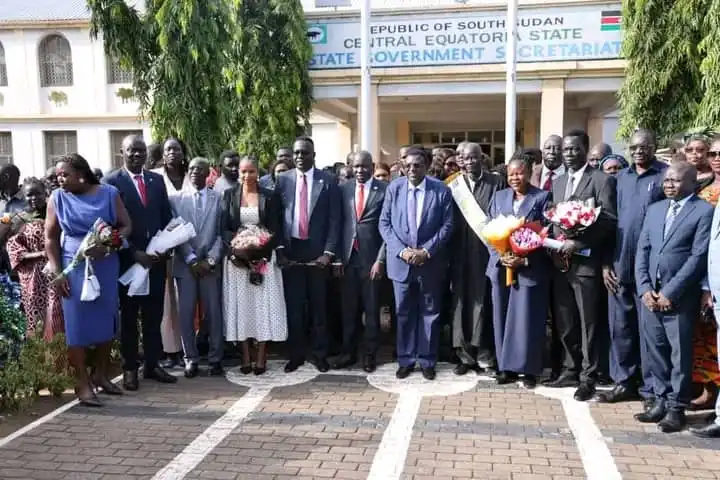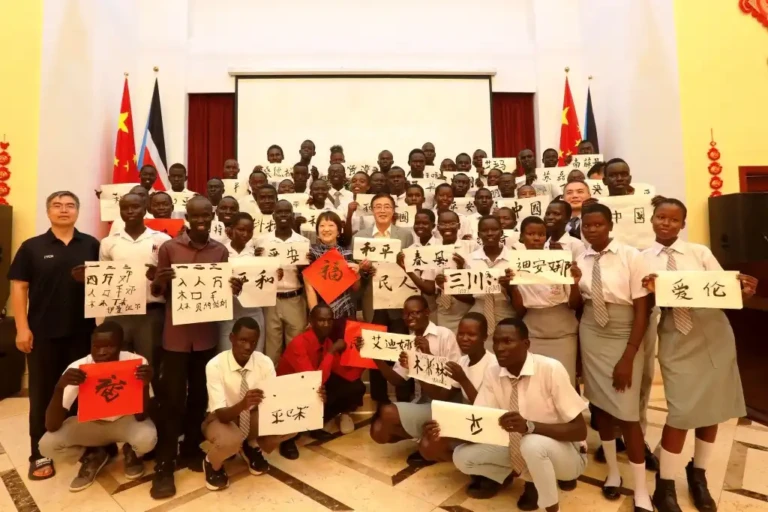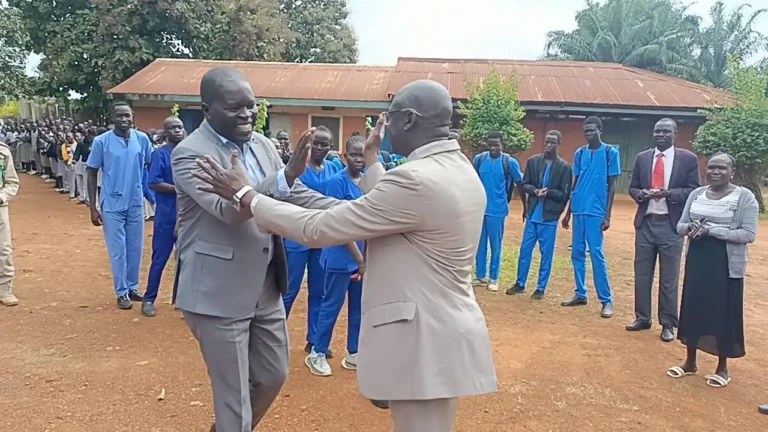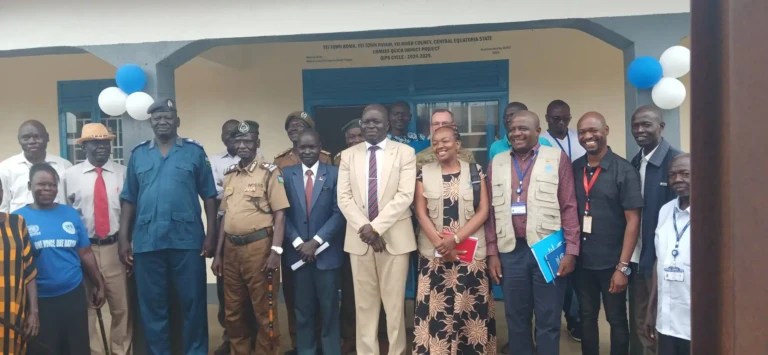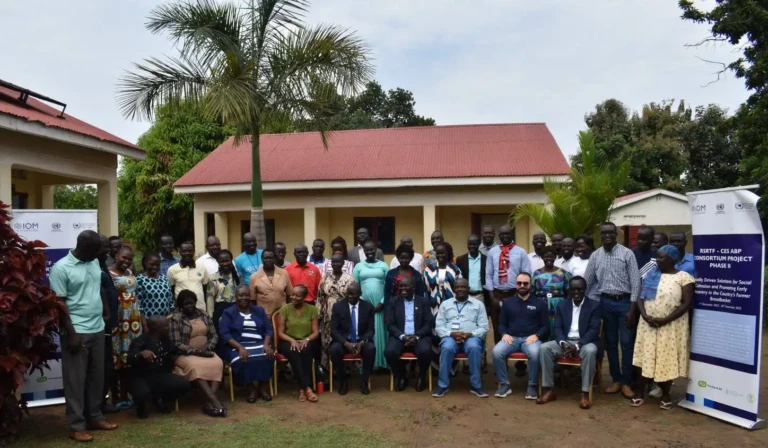
(BENTIU) – Severe flooding in Unity State has triggered a wave of deforestation, raising growing concern among local residents, environmentalists and authorities over the long term damage to South Sudan’s fragile ecosystems.
Trees submerged by floodwaters are dying and increasingly being cut down for firewood and construction, leaving behind barren landscapes and further weakening natural flood defences.
While the immediate impacts of the floods have been devastating including displacing communities, destroying homes and undermining livelihoods, a less visible environmental crisis is quietly unfolding.
Submerged for prolonged periods, many trees across Unity State are dying or rotting in place. In response, residents in counties like Koch and Guit are harvesting the dying timber to meet household needs or sell it to earn income.
“Forests play a crucial role in maintaining the ecosystem, and we are losing that protection with every flood,” said James Gatloth, a resident of Koch County.
“Many trees haven’t sprouted a single green leaf since the floods began. Once the waters recede, it will be difficult for the trees to recover.”
In Unity State, known both for its environmental vulnerability and oil wealth, the floods have exposed gaps in infrastructure and environmental policy. Climate change, ongoing conflict and limited government capacity are compounding the crisis.
According to a recent investigation by Catholic Radio Network, the consequences now include deforestation, soil erosion declining biodiversity, and reduced natural barriers against future floods.
In Guit County, residents like Martha Nyagai have turned the disaster into a coping strategy. A mother of four, Nyagai began collecting firewood from water damaged trees and transporting it by motorbike, commonly known as Recha to Bentiu town.
“At first, people didn’t see the value, but now many have joined me in this business,” she said.
Her small enterprise has become a source of income but also underscores the growing reliance on forest resources without plans for replenishment.
Local NGO Climate Change Adaptation and Smart Actions (CCASA) says deforestation is accelerating rapidly as displaced families turn to dead trees for firewood and shelter materials.
“Flooding has intensified logging activities,” said Thor Yohanes, CCASA’s Executive Director. “People are turning to forests for firewood and materials, especially in displaced areas.”
He added that environmental policy enforcement is weak, and most climate related programmes lack funding and meaningful community engagement.
Yohanes also warned that without adequate flood drainage and sustainable urban planning, some wetland communities could face permanent displacement and repeated cycles of food insecurity. The environmental threat, he said, is now deeply tied to the humanitarian crisis.
State and national officials have acknowledged the scale of the challenge. Unity State Minister of Information, Hon. Gatwech Bipal, said the government launched environmental impact assessments and began a reforestation initiative in April 2025 in partnership with the International Organization for Migration (IOM). The project aims to plant one million trees across affected areas.
National authorities are also stepping in. Hon. Joseph Bartel, Under Secretary at the Ministry of Environment, confirmed that the government is encouraging tree planting and working with flood prone states to build climate resilience.
“Government efforts are underway because we are aware of the dangers ahead once the floodwaters recede,” he said.
Humanitarian actors including UNHCR, UNICEF, and the South Sudan Red Cross are supporting the response by delivering emergency supplies, reinforcing flood defences and addressing public health risks such as waterborne disease outbreaks. These efforts are also aimed at stabilising food security and supporting displaced communities.
According to data from ReliefWeb, by late 2024 an estimated 1.4 million people were affected by flooding across 43 counties and the Abyei Administrative Area. Of these, nearly 375,000 were displaced in 21 counties, with Unity, Jonglei and Northern Bahr el Ghazal among the hardest-hit states.
In parallel, the Ministry of Water Resources and Irrigation, supported by the World Bank, launched a radio campaign in 2024 targeting flood awareness in Greater Upper Nile, Lakes and Eastern Equatoria. The campaign focuses on flood preparedness, personal safety and environmental conservation.
At the regional level, the Intergovernmental Authority on Development (IGAD) is leading adaptation efforts with initiatives such as a Climate Adaptation Strategy, early warning systems, groundwater management and support for women led community resilience programmes.
Discover more from Access Radio Yei News
Subscribe to get the latest posts sent to your email.

